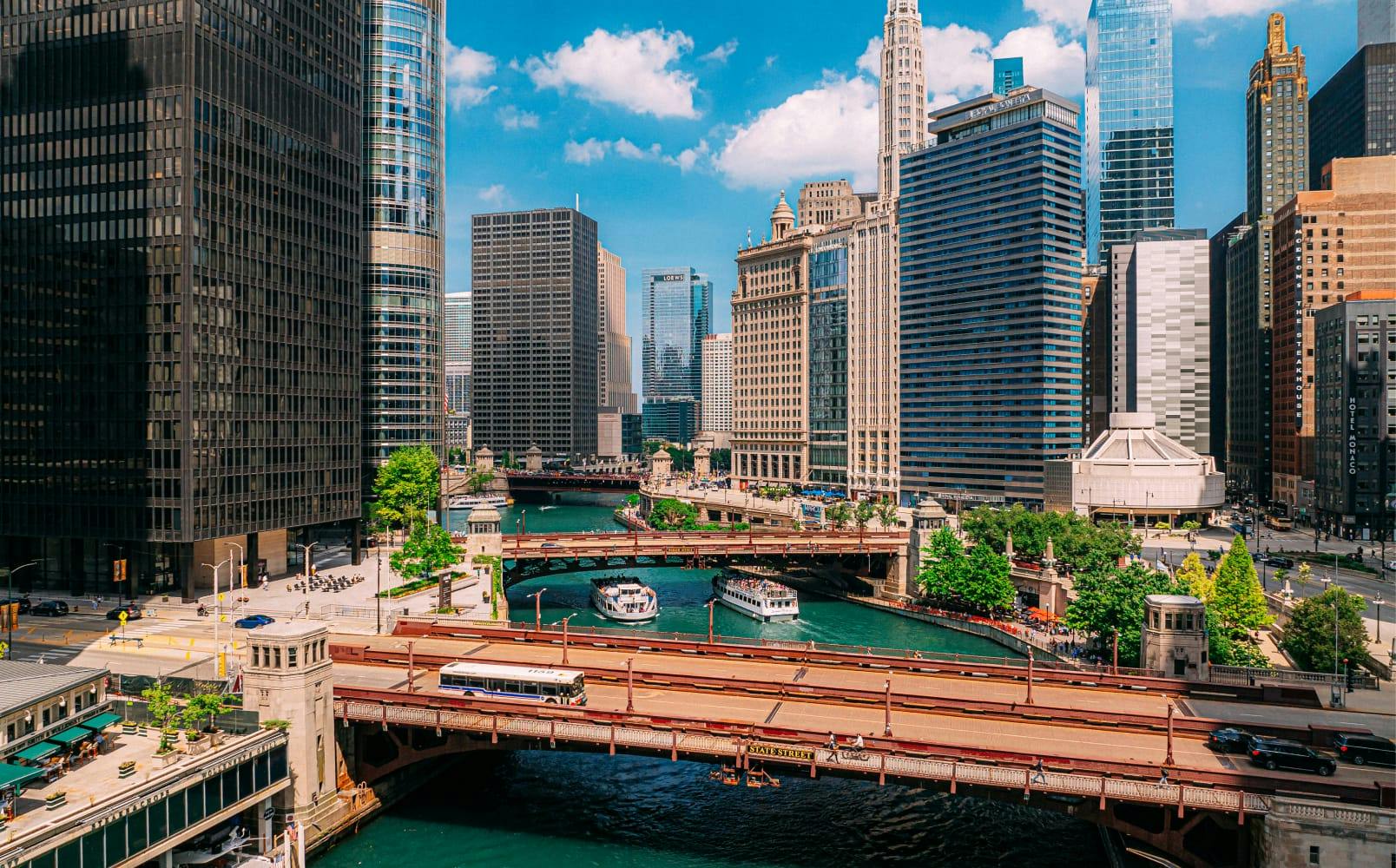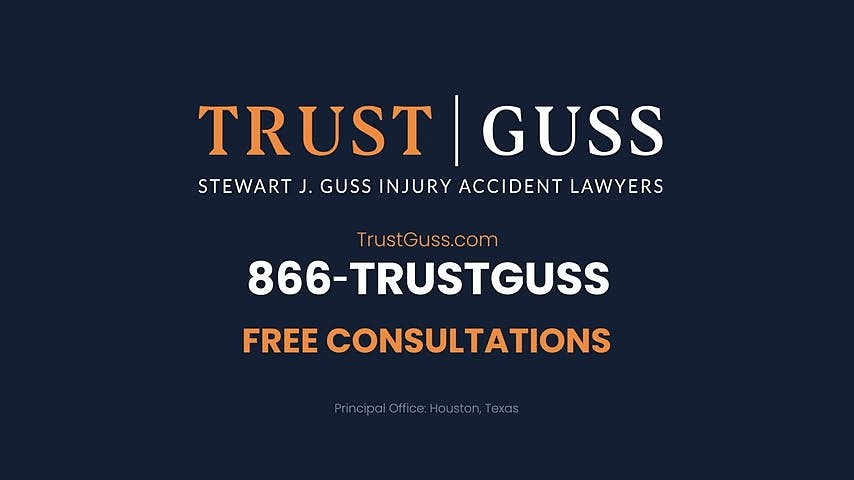Types of Chicago Accidents That Can Result in a Personal Injury Claim
Each day in Chicago, negligence, defined as careless or reckless behavior that breaches the duty of care owed by an individual to others around them, injures or kills people. The duty of care involves taking reasonable actions in a given set of circumstances to protect someone’s safety and property from damage. Here is a look at the cases with which a Chicago personal injury lawyer commonly assists clients.
Car Accidents
Chicago’s streets are outdated and extraordinarily congested. Because of this, many Chi-Town residents don’t even own a car, choosing instead to utilize the city’s many transportation options. That said, many residents do own cars, and the streets also fill with visitors drawn to Chicago for work or pleasure.
Furthermore, the city’s many transportation options include commercial buses, rideshares, and taxis. Road conditions are difficult in winter.
The most common causes of car accidents to be experienced in Chicago are the same as they are in other large cities and include:
- Speeding
- Distracted driving
- Alcohol impairment
The types of accidents that frequently take place on Chicago roadways include:
Rear-end accidents (the most common type of car accident in Chicago)
- T-bone (broadside) collisions
- Head-on collisions
- Sideswipes
- Rollovers
While inclement weather can make the already difficult driving conditions of Chicago even harder, most car accidents in Chicago occur on dry roads.
Truck Accidents
Chicago is considered a MAJOR transportation hub for the U.S. trucking industry.
The many reasons for this include:
- The central location of the city allows trucks to deliver products to half of the U.S. within a day.
- The Port of Chicago, which is one of the most heavily used inland seaports in the world.
- A top-of-the-line rail system that provides additional logistics options for companies.
- One of the largest interstate highway systems in the nation.
Despite the importance of commercial trucks to our daily lives, the massive size of the vehicles makes them particularly risky for other roadway users, due to:
- Significant blind spots can result in the truck driver not noticing vehicles driving alongside them in adjacent travel lanes, or close to either the front or back of the vehicle.
- Wide turns, which are required to allow the truck to negotiate a sharp corner, and involve the driver swinging the front wheels of the truck into an adjacent lane to complete the turn.
- A high center of gravity, which can make the vehicle prone to rolling over during emergency driving maneuvers or when negotiating a tight corner. This is particularly true if the cargo inside the truck is improperly balanced.
- A high ground clearance, which results in a space between the underside of the truck and the road that is just large enough for a small car to be pulled into it. This often-deadly situation is known as an underride.
Motorcycle Accidents
Motorcyclists are considered vulnerable road users, due to the lighter and slimmer transportation method, and the extreme risk of injury or death if they are involved in an accident with a much larger motor vehicle. According to the Insurance Information Institute, more than 5,000 people die in motorcycle accidents each year.
Many thousands more suffer injuries that cause them to miss work, incur expenses, or even lose the ability to earn an income because of permanent injuries. Motorcyclists are 29 times more likely to become injured or die from injuries sustained in an accident during every trip than the occupants of passenger cars.
Some of the common causes of motorcycle accidents in Chicago include:
- Left-turning drivers in intersections that do not have a green arrow. These drivers must yield the right-of-way to vehicles in the travel lanes go straight through the intersection and judge a safe gap in traffic during which to complete their turn. However, many drivers fail to see an oncoming motorcycle and turn in its path.
- Dooring, which involves the occupant of a vehicle parked on the roadside opening their door into the path of an approaching motorcyclist. This causes the motorcyclist to collide with the door or swerve into another travel lane to avoid the collision. Unfortunately, swerving increases the risk of the rider losing control of their bike or colliding with a car in the lane where they swerve.
- Inattentional blindness. The brain is a fascinating organ, responsible for many things, including information processing. Inattentional blindness is one of the ways the mind processes information in chaotic situations such as those on the streets of Chicago. Inattentional blindness results from the brain prioritizing the biggest risks, such as larger vehicles, while failing to notice smaller risks, such as motorcycles.
- Distracted drivers, who fail to see or respond adequately to the presence of the motorcyclist due to being distracted by external factors such as other people, cars, or billboards, or internal factors such as texting, eating, or visiting with passengers.
- Alcohol impairment, which is involved in nearly half of all motorcycle accidents. Alcohol impairment deprives the body of the skills it needs for safe driving, such as the ability to control the vehicle and its speed, maintain lane position, multitask, track moving objects, and make safe decisions.
Bicycle/ Pedestrian Accidents
Bicyclists and pedestrians are also considered vulnerable road users due to the high likelihood of death or injuries sustained in an accident with much larger and heavier vehicles. Because the citizens of Chicago often choose to forego the ownership of a car and most residents live in proximity to where they run errands and bus stations where they catch public transportation, there tend to be a lot of pedestrians on Chicago roadways.
Additionally, the city provided more than 300 miles of bike lanes on the streets, providing ample opportunity for commuters to use that mode of transportation.
Despite encouraging the use of the streets for walking and cycling, the city has fallen behind in creating and maintaining safe routes for these vulnerable road users to take. Instead, in many parts of the city, walkers and riders are left with poorly marked crosswalks and signals, congestion for days, and an above-average risk for being involved in an accident.
Pedestrian accidents result in more than 5,000 deaths a year across the U.S., as well as more than 135,000 injuries. While their risk is not as high as that of motorcyclists, pedestrians are 1.5 times more likely to die in a traffic-related accident than the passengers of cars.
The most likely victims of pedestrian accidents include older adults over 65, who account for 20 percent of pedestrian deaths and 10 percent of injuries, and children under 15.
More than 800 bicyclists die on the nation’s streets each year. While public awareness and other transportation options have decreased bicycle accidents involving children since 1975, in that same time frame, the number of adults aged 20 and older who die in bicycle accidents has tripled due to the increasing popularity of bicycle transportation for adults. About 78 percent of fatal bicycle accidents occur in urban areas like Chicago.
Premises Liability
If a slip-and-fall accident caused your injury at a private residence, a commercial property, or a public area, your case falls under the umbrella of premises liability. Premises liability involves the legal responsibility of property owners/possessors to regularly inspect their property to find and repair hazards that can cause injuries to guests. Slip-and-fall accidents are the most common type of premises liability claim and result from the claimant slipping or tripping on an unsafe surface. Some common hazards that result in slip-and-fall accidents include:
- Loose, torn, or worn flooring materials
- Floors that have been freshly mopped or waxed
- Liquid or debris on the floor
- Poor lighting, particularly in stairwells
- Damaged or improperly constructed staircases
- Cracks in the sidewalk or potholes in parking lots
- Cords extended across walkways
- Open drawers or cabinets in high traffic areas
While slip-and-fall accidents are the most common type of premises liability claim, they’re not the only source of premises liability.
Other accidents that involve premises liability include:
- Negligent security, which is the failure of a property owner or possessor to take reasonable steps to protect guests from criminal activity on the property.
- Elevator or escalator accidents
- Swimming pool accidents
- Dog bites
- Fires or floods resulting from an unsafe property condition
We prove premises liability claims by showing:
- The property owner or possessor had a duty to perform regular inspections of the property and promptly repair known hazards that could cause injury to guests.
- You were legally on the property.
- The property owner or possessor failed to take reasonable actions to safeguard their guests from becoming injured by hazards the owner/possessor should have reasonably known about.
- You became injured as a result of the property hazard.










